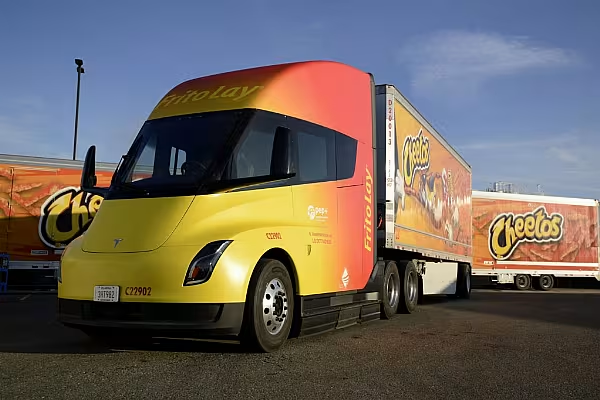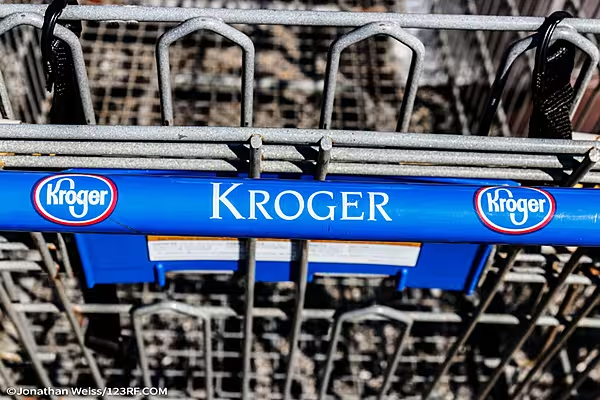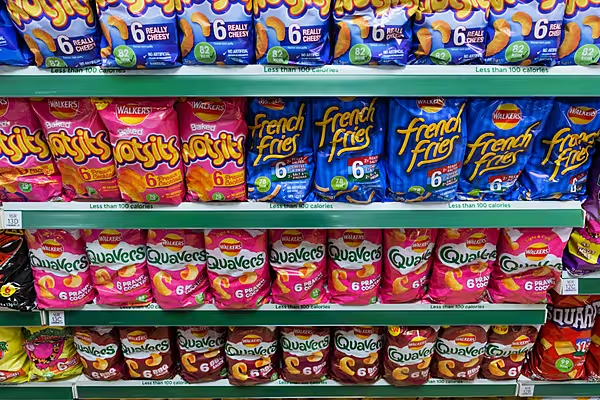Frito-Lay is close to completing a project in its manufacturing facility in Modesto, California, which it says will create a 'a first-of-its-kind showcase' for sustainable manufacturing, warehousing, and distribution technologies.
The project commenced in 2019 with support from the California Climate Investments (CCI) initiative, along with the San Joaquin Valley Air Pollution Control District (SJVAPCD) and the California Air Resources Board (CARB).
It aims demonstrate the sustainability benefits of zero-emission (ZE) and near zero-emission (NZE) technologies.
The 500,000 square-feet facility in Modesto is one of Frito-Lay's largest manufacturing sites in the United States, sitting on 80 acres and employing more than 1,100 associates.
It is the first among Frito-Lay's manufacturing facilities to implement site-wide alternative fuel vehicles, on-site renewable energy generation, energy storage equipment and employee electric vehicle charging stations, the company noted.
'Circular And Inclusive Value Chain'
"The transformation at Modesto is in direct support of our PepsiCo Positive (pep+) commitment to building a circular and inclusive value chain and achieving net-zero emissions by 2040," said Steven Williams, CEO of PepsiCo Foods North America.
"To date, the Frito-Lay Modesto transformation has resulted in a 91% reduction in greenhouse gas (GHG) emissions from direct fleet operations, or 5,250 metric tonnes of GHG emissions. If the standard 4-person compact SUV drives on average 15,000 miles per year with an average MPG of 25.5, this reduction is the equivalent of removing just over 1,000 standard compact SUVs from the road," Williams added.
The company believes that the project at Modesto could serve as a template and help accelerate the rollout of ZE and NZE technologies at freight facilities and warehouses, stepping up emissions reduction benefits on a broad scale.
Sustainable Technology
The upgrades in Modesto include the latest in sustainable technology to reduce environmental impact, while offering employees on-the-job training to maintain and operate the new high-tech equipment, Frito-Lay added.
The measures include, among others, replacement of diesel fleet assets with ZE and NZE alternatives, fuelling and charging infrastructure for the new fleet, and on-site renewable energy generation and storage.
Since 2021, the facility also meets 100% of its electricity requirements from renewable sources, with on-site solar power accounting for 20% of its daily energy use.
© 2023 European Supermarket Magazine – your source for the latest Supply Chain news. Article by Dayeeta Das. Click subscribe to sign up to ESM: European Supermarket Magazine.














